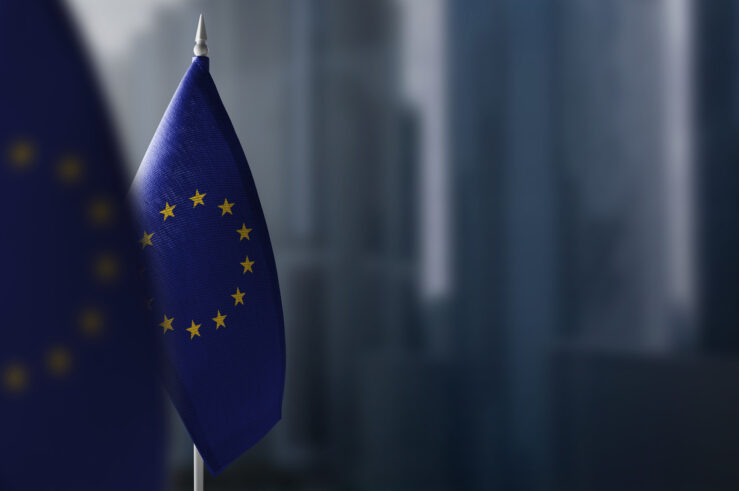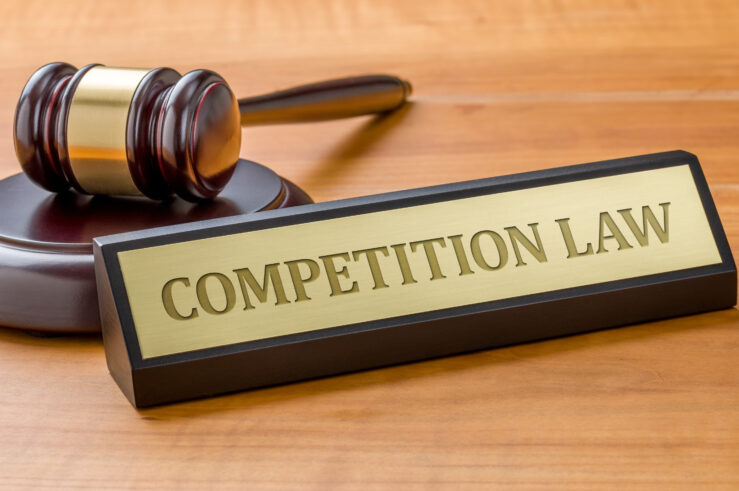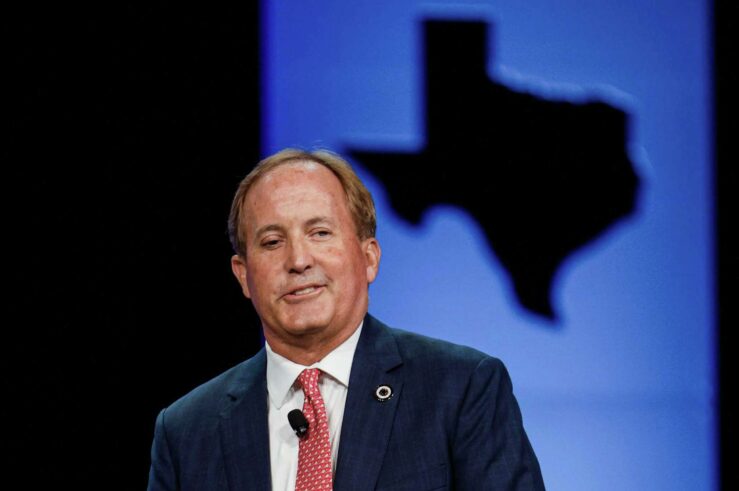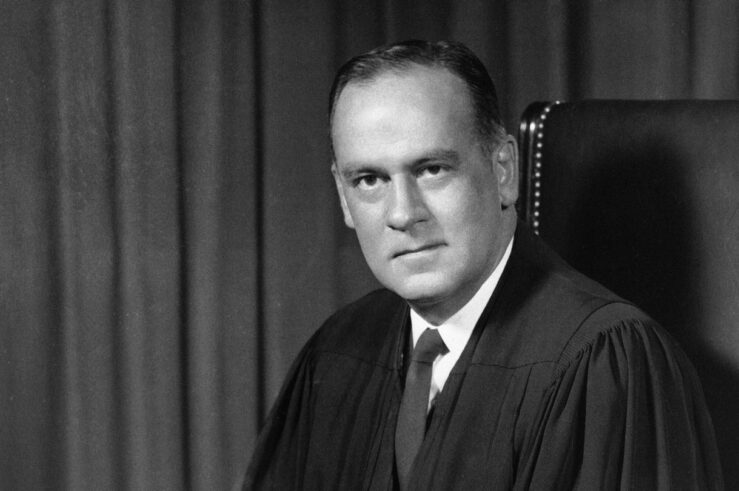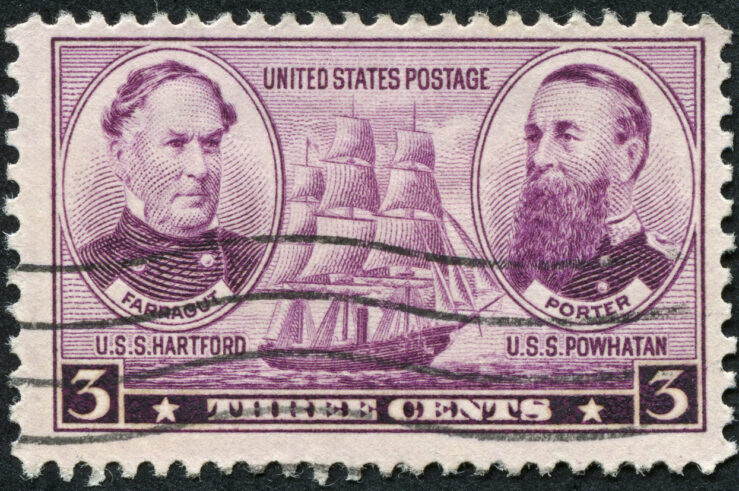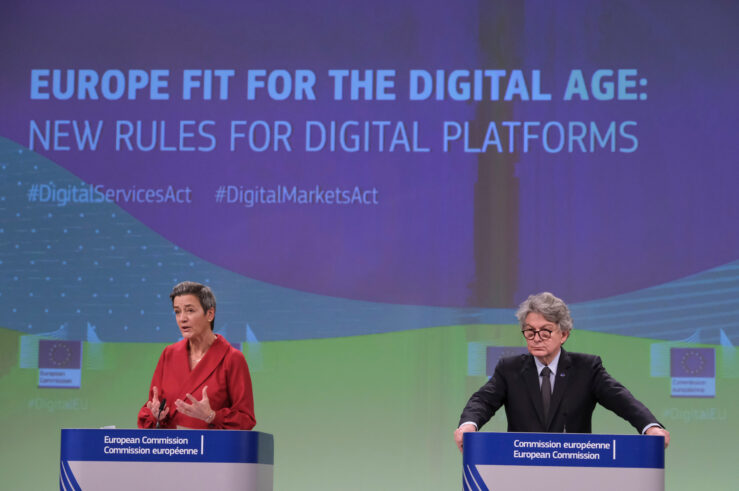Showing archive for: “Monopolization”
Untangling the 9th Circuit’s Ruling in Epic Games v Apple
The 9th U.S. Circuit Court of Appeals ruled late last month on Epic Games’ appeal of the decision rendered in 2021 by the U.S. District Court for the Northern District of California in Epic Games v Apple, affirming in part and reversing in part the district court’s judgment. In the original case, Epic had challenged as a violation ... Untangling the 9th Circuit’s Ruling in Epic Games v Apple
What the European Commission’s More Interventionist Approach to Exclusionary Abuses Could Mean for EU Courts and for U.S. States
The European Commission on March 27 showered the public with a series of documents heralding a new, more interventionist approach to enforce Article 102 of the Treaty on the Functioning of the European Union (TFEU), which prohibits “abuses of dominance.” This new approach threatens more aggressive, less economically sound enforcement of single-firm conduct in Europe. ... What the European Commission’s More Interventionist Approach to Exclusionary Abuses Could Mean for EU Courts and for U.S. States
Reining in Digital Competition to No Good End: Will AICOA and OAMA Rise from the Grave?
The 117th Congress closed out without a floor vote on either of the major pieces of antitrust legislation introduced in both chambers: the American Innovation and Choice Online Act (AICOA) and the Open Apps Market Act (OAMA). But it was evident at yesterday’s hearing of the Senate Judiciary Committee’s antitrust subcommittee that at least some ... Reining in Digital Competition to No Good End: Will AICOA and OAMA Rise from the Grave?
No, Mergers Are Not Like ‘The Ultimate Cartel’
There is a line of thinking according to which, without merger-control rules, antitrust law is “incomplete.”[1] Without such a regime, the argument goes, whenever a group of companies faces with the risk of being penalized for cartelizing, they could instead merge and thus “raise prices without any legal consequences.”[2] A few months ago, at a ... No, Mergers Are Not Like ‘The Ultimate Cartel’
Brussels Effect or Brussels Defect: Digital Regulation in Emerging Markets
The blistering pace at which the European Union put forward and adopted the Digital Markets Act (DMA) has attracted the attention of legislators across the globe. In its wake, countries such as South Africa, India, Brazil, and Turkey have all contemplated digital-market regulations inspired by the DMA (and other models of regulation, such as the ... Brussels Effect or Brussels Defect: Digital Regulation in Emerging Markets
AG Paxton’s Google Suit Makes the Perfect the Enemy of the Good
Having just comfortably secured re-election to a third term, embattled Texas Attorney General Ken Paxton is likely to want to change the subject from investigations of his own conduct to a topic where he feels on much firmer ground: the 16-state lawsuit he currently leads accusing Google of monopolizing a segment of the digital advertising ... AG Paxton’s Google Suit Makes the Perfect the Enemy of the Good
Is Market Concentration Actually Rising?
Everyone is worried about growing concentration in U.S. markets. President Joe Biden’s July 2021 executive order on competition begins with the assertion that “excessive market concentration threatens basic economic liberties, democratic accountability, and the welfare of workers, farmers, small businesses, startups, and consumers.” No word on the threat of concentration to baby puppies, but the ... Is Market Concentration Actually Rising?
The FTC Knows It When It Sees It
When Congress created the Federal Trade Commission (FTC) in 1914, it charged the agency with condemning “unfair methods of competition.” That’s not the language Congress used in writing America’s primary antitrust statute, the Sherman Act, which prohibits “monopoliz[ation]” and “restraint[s] of trade.” Ever since, the question has lingered whether the FTC has the authority to ... The FTC Knows It When It Sees It
Noah Phillips’ Major Contribution to IP-Antitrust Law: The 1-800 Contacts Case
Recently departed Federal Trade Commission (FTC) Commissioner Noah Phillips has been rightly praised as “a powerful voice during his four-year tenure at the FTC, advocating for rational antitrust enforcement and against populist antitrust that derails the fair yet disruptive process of competition.” The FTC will miss his trenchant analysis and collegiality, now that he has ... Noah Phillips’ Major Contribution to IP-Antitrust Law: The <em>1-800 Contacts</em> Case
7 Big Questions About the Open App Markets Act
With just a week to go until the U.S. midterm elections, which potentially herald a change in control of one or both houses of Congress, speculation is mounting that congressional Democrats may seek to use the lame-duck session following the election to move one or more pieces of legislation targeting the so-called “Big Tech” companies. ... 7 Big Questions About the Open App Markets Act
Damn the Economics, Full Speed Ahead!
A White House administration typically announces major new antitrust initiatives in the fall and spring, and this year is no exception. Senior Biden administration officials kicked off the fall season at Fordham Law School (more on that below) by shedding additional light on their plans to expand the accepted scope of antitrust enforcement. Their aggressive ... Damn the Economics, Full Speed Ahead!
The Case Against Self-Preferencing as a New Antitrust Offense
The practice of so-called “self-preferencing” has come to embody the zeitgeist of competition policy for digital markets, as legislative initiatives are undertaken in jurisdictions around the world that to seek, in various ways, to constrain large digital platforms from granting favorable treatment to their own goods and services. The core concern cited by policymakers is ... The Case Against Self-Preferencing as a New Antitrust Offense

